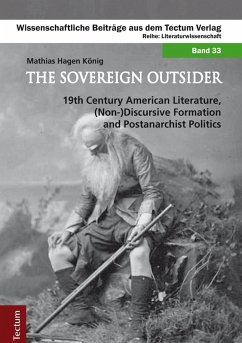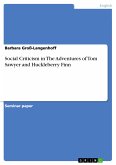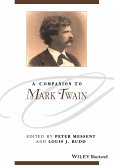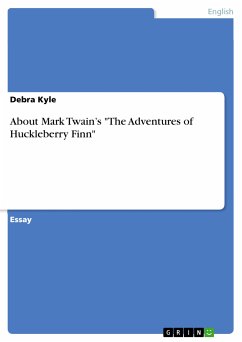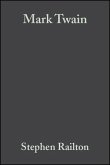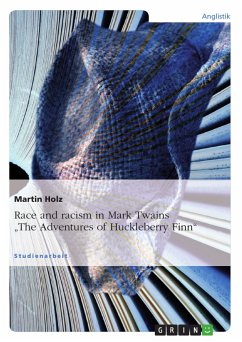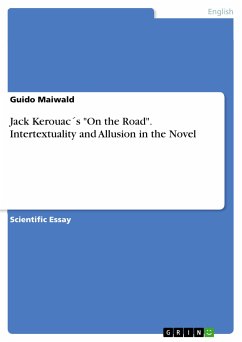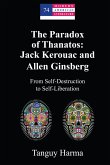The "Sovereign Outsider" is a literary character of 19th Century American literature that cannot be classified within the cultural, economical, religious, and political (non-)discursive formation of antebellum America. His resistance to associate with any political and social network alludes to the anarchist philosophy of postanarchism that employs post-structuralist and postmodernist approaches. Mathias Hagen König depicts Bartleby, Billy Budd, Huckleberry Finn, Sheppard Lee, Peter Rugg, and Rip van Winkle as prime examples of the "Sovereign Outsider" through the writings of the so-called individualist anarchists Josiah Warren and Stephen Pearl Andrews, the canonical texts of Ralph Waldo Emerson and Henry David Thoreau, and the poems of Walt Whitman. Furthermore, he explores numerous historico-cultural questions: What is the established discursive formation of the United States in the mid-19th Century? What is its subculture? Why does the ideal of a "Sovereign Outsider" appear in American literature of the 19th Century within the writings of politically and poetically incoherent writers? And in how far does antebellum literature represent American culture?
Dieser Download kann aus rechtlichen Gründen nur mit Rechnungsadresse in A, B, BG, CY, CZ, D, DK, EW, E, FIN, F, GR, HR, H, IRL, I, LT, L, LR, M, NL, PL, P, R, S, SLO, SK ausgeliefert werden.

